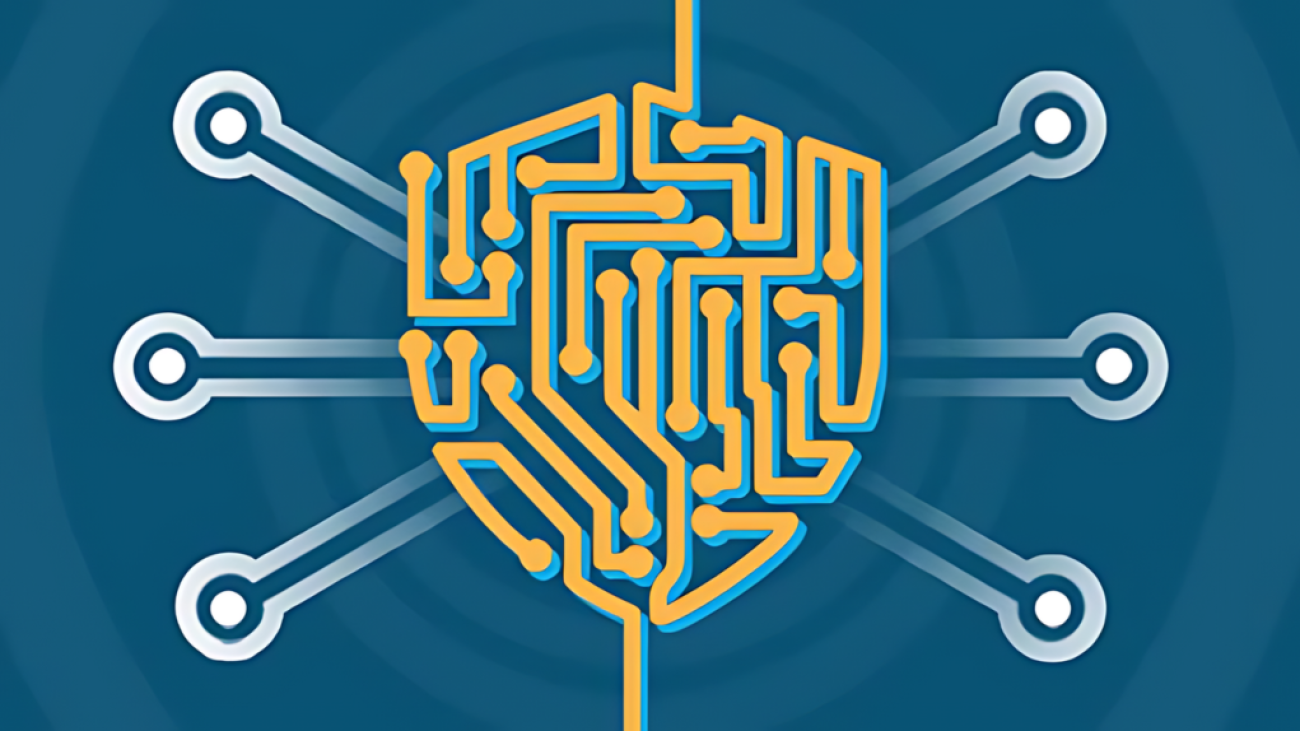In today’s fast-paced digital world, businesses of all sizes are increasingly relying on IT infrastructure to support their operations and growth. Managed IT hosting solutions have emerged as a critical component in this landscape, offering businesses the expertise, scalability, and security needed to thrive. This article delves into the essentials of managed IT hosting solutions, providing IT professionals with a comprehensive understanding of their benefits and applications.
Understanding Managed IT Hosting Solutions
What Are Managed IT Hosting Solutions?
Managed IT hosting solutions encompass a range of services where a third-party provider assumes responsibility for managing a company’s IT infrastructure. This includes servers, storage, networking, and security. These solutions offer businesses the ability to outsource the complexities of IT management, allowing them to focus on their core competencies.
Key Components of Managed IT Hosting
Managed IT hosting solutions typically include the following components:
- Server Management: Provisioning, monitoring, and maintaining servers to ensure optimal performance and uptime.
- Storage Solutions: Scalable and secure storage options for data management and backup.
- Network Management: Ensuring robust and secure network connectivity and performance.
- Security Services: Implementing and managing security protocols to protect data and systems from threats.
- Support Services: Providing 24/7 technical support and proactive monitoring to resolve issues promptly.
Benefits of Managed IT Hosting Solutions
Enhanced Security
One of the primary advantages of managed IT hosting solutions is enhanced security. Managed service providers (MSPs) employ advanced security measures, including firewalls, intrusion detection systems, and regular security audits. This ensures that your IT infrastructure is protected against cyber threats and complies with industry standards and regulations.
Scalability and Flexibility
Managed IT hosting solutions offer unparalleled scalability and flexibility. As your business grows, your IT needs will evolve. MSPs provide scalable solutions that can be easily adjusted to meet your changing requirements. This flexibility allows businesses to quickly adapt to new opportunities and challenges without significant capital investment.
Cost Efficiency
Outsourcing IT management to a managed service provider can be more cost-effective than maintaining an in-house IT team. MSPs offer a predictable cost structure, reducing the need for large upfront investments in hardware and software. This allows businesses to allocate resources more efficiently and focus on strategic initiatives.
Access to Expertise
Managed IT hosting solutions provide access to a team of experienced IT professionals with specialized knowledge in various areas, including security, networking, and cloud computing. This expertise ensures that your IT infrastructure is managed according to best practices and leverages the latest technological advancements.
Improved Uptime and Reliability
With managed IT hosting solutions, businesses can achieve improved uptime and reliability. MSPs use advanced monitoring tools and proactive maintenance to identify and resolve potential issues before they impact operations. This ensures that your IT systems are always available and performing optimally.
Key Considerations When Choosing a Managed IT Hosting Provider
Assessing Your Business Needs
Before selecting a managed IT hosting provider, it is crucial to assess your business needs. Consider factors such as the size of your organization, the complexity of your IT infrastructure, and your growth projections. Understanding your specific requirements will help you choose a provider that offers tailored solutions.
Evaluating Provider Capabilities
Not all managed IT hosting providers are created equal. Evaluate potential providers based on their capabilities, including their experience, service offerings, and technical expertise. Look for providers with a proven track record of success and positive client testimonials.
Security and Compliance
Security should be a top priority when selecting a managed IT hosting provider. Ensure that the provider has robust security measures in place and complies with relevant industry standards and regulations. This will help protect your data and ensure regulatory compliance.
Service Level Agreements (SLAs)
Review the provider’s Service Level Agreements (SLAs) to understand their commitments regarding uptime, support response times, and issue resolution. SLAs are critical in ensuring that the provider meets your performance and reliability expectations.






